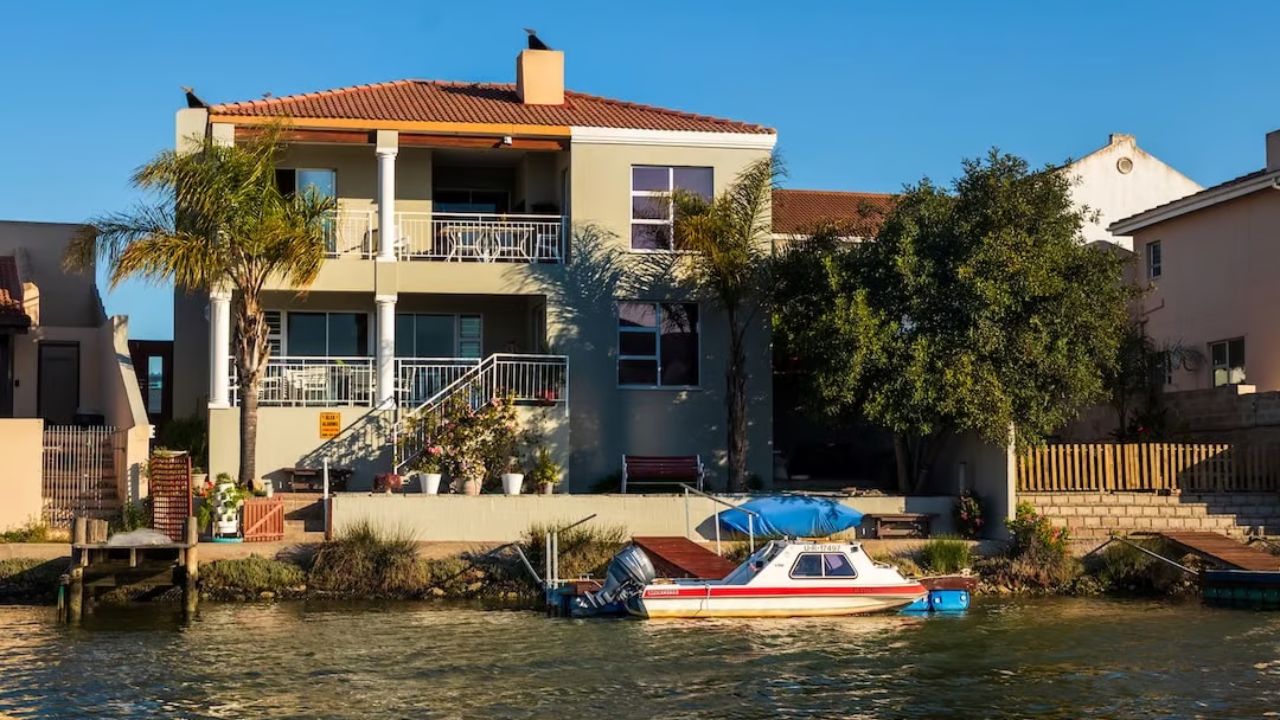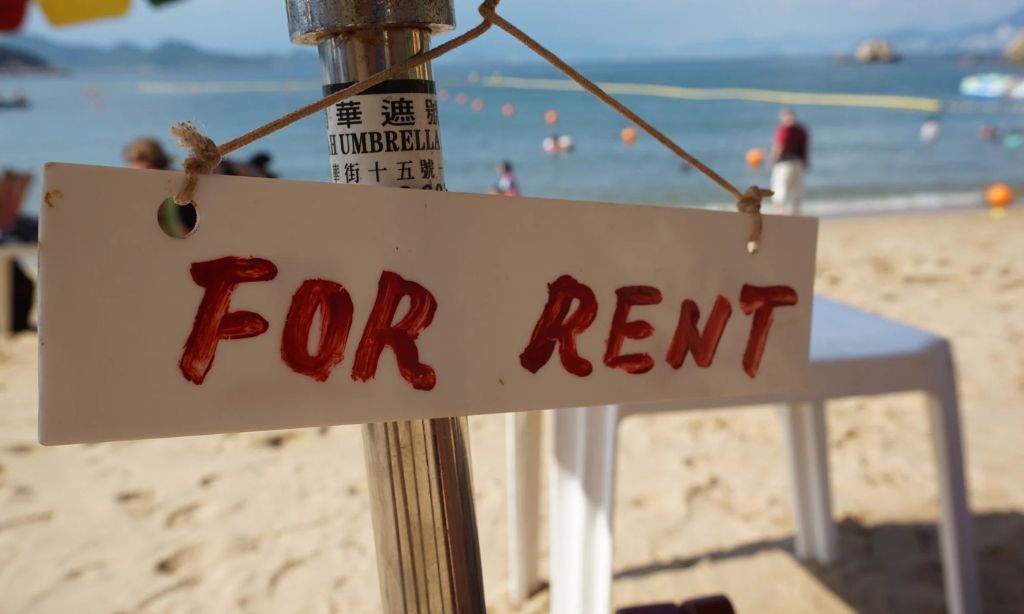The rental business industry can be both rewarding and challenging, requiring a combination of strategic planning, efficient operations, and excellent customer service. Whether you manage a portfolio of properties or operate a single vacation rental, success hinges on adopting best practices and staying ahead of market trends. Here’s a guide to help you manage your rental business effectively. Please, keep on reading to learn more about this so you can manage your business better.
Understand the Market and Set Competitive Prices
A deep understanding of your target market is crucial for attracting tenants or guests and maintaining profitability. Conducting market research helps you identify the demographics, preferences, and expectations of your potential renters.
Setting competitive rental rates requires analyzing comparable properties in your area. Factors such as location, amenities, and seasonality play a significant role in pricing. For vacation rentals, demand often fluctuates depending on holidays and local events. Use tools like rental market analytics to determine optimal pricing that balances affordability for renters with profitability for your business.
Streamline Operations with Technology
Managing a rental business can involve numerous administrative tasks, from scheduling maintenance to tracking payments.
Property management software allows you to:
- Automate rent collection and invoice generation
- Schedule and track maintenance requests
- Manage tenant or guest communications
- Monitor financial performance through detailed reporting
Leveraging technology simplifies these processes and reduces the risk of errors. For short-term rentals, platforms like Airbnb or dedicated apps from an Airbnb management company provide seamless tools to manage bookings, reviews, and calendar availability. Embracing technology ensures efficiency and enhances the experience for both you and your tenants.
Maintain High-Quality Properties
The condition of your rental properties directly impacts tenant satisfaction and your business reputation. Regular maintenance and upgrades ensure that your properties remain attractive, safe, and compliant with local regulations.
Develop a preventive maintenance schedule that includes inspections of plumbing, electrical systems, and HVAC units. Address minor issues promptly to prevent them from escalating into costly repairs. For vacation rentals, consider periodic updates to furnishings and decor to keep the property appealing to guests.
Provide Exceptional Customer Service
Excellent customer service is the cornerstone of a successful rental business. Whether dealing with long-term tenants or short-term guests, clear communication and prompt responses foster trust and satisfaction.
For vacation rentals, personalized touches like welcome kits, local recommendations, or flexible check-in options can make a lasting impression. Long-term tenants appreciate transparency regarding lease terms and proactive communication about maintenance or policy changes. Going the extra mile to accommodate renters’ needs builds loyalty and generates positive reviews or referrals.
Stay Compliant with Legal and Regulatory Requirements
Rental property management involves adhering to a range of legal and regulatory requirements, including:
- Local zoning laws
- Building codes
- Safety and accessibility standards
- Fair housing regulations
Familiarize yourself with these rules to avoid fines or legal disputes. For short-term rentals, check whether your area requires specific permits or restricts vacation rental operations. Working with legal professionals or property management experts can help you navigate these complexities.
Market Your Properties Effectively
Effective marketing is essential for attracting tenants or guests to your rental properties. High-quality photos, detailed descriptions, and a strong online presence are key components of a successful marketing strategy.
For vacation rentals, leverage social media platforms, online travel agencies, and property listing sites to reach a broad audience. Optimizing your listings with keywords and engaging content improves visibility and booking rates. Consider hiring professional photographers or videographers to showcase your properties in the best light.
Build Strong Relationships with Service Providers
Reliable service providers are critical for maintaining your properties and ensuring smooth operations. Establish relationships with trusted contractors, cleaners, and landscapers who can address issues promptly and professionally.
For short-term rentals, partnering with a property management company can streamline operations and provide access to a network of vetted service providers. Long-term rental managers benefit from building a reliable maintenance team to handle repairs and emergencies efficiently.
Monitor Financial Performance
Keeping a close eye on your rental business’s financial performance ensures long-term success. Regularly reviewing income, expenses, and occupancy rates helps you identify trends and areas for improvement.
Implementing a budget allows you to allocate resources effectively, covering operating costs while maximizing profitability. Consider consulting with financial advisors or accountants to develop tax strategies and optimize cash flow management.
Leverage Reviews and Feedback
Reviews and feedback are powerful tools for improving your rental business. Positive reviews enhance your reputation and attract more renters, while constructive feedback highlights areas where you can improve.
Encourage tenants or guests to leave reviews by making the process simple and incentivizing participation, such as offering discounts for future stays. Take negative feedback seriously, addressing issues promptly and professionally to demonstrate your commitment to customer satisfaction.
Expand Your Portfolio Strategically
If you’re looking to grow your rental business, expanding your portfolio should be approached strategically. Consider factors such as market demand, location, and potential return on investment before acquiring additional properties.
Diversifying your portfolio across different property types or locations can mitigate risks and open up new revenue streams. For example, adding vacation rentals to a portfolio of long-term residential properties provides income diversification and opportunities for higher seasonal earnings.
Develop a Crisis Management Plan
In the rental business, unexpected events such as natural disasters, pandemics, or economic downturns can disrupt operations. Developing a crisis management plan ensures that you can respond effectively and minimize losses during challenging times.
Your plan should include clear protocols for communication with tenants or guests, contingency budgets for emergency repairs, and flexible cancellation policies for vacation rentals. Staying proactive and prepared helps you navigate uncertainties while maintaining trust and satisfaction among your renters.
To sum it up, effectively managing a rental business requires a blend of strategic planning, operational efficiency, and excellent customer service. By understanding your market, leveraging technology, and maintaining high-quality properties, you can attract and retain tenants or guests while maximizing profitability. Partnering with professionals can further streamline operations and enhance your business’s success. With dedication and attention to detail, your rental business can thrive in today’s competitive market. Thank you for reading and good luck!




































